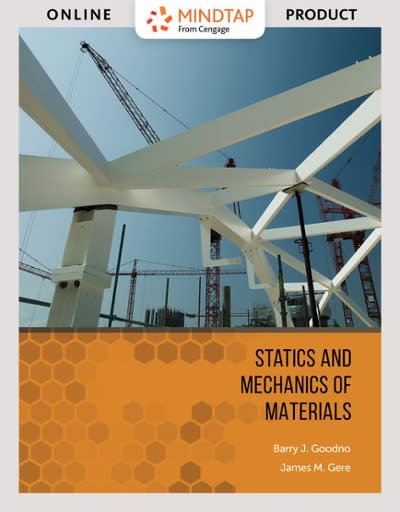Question
1- Which of these bodies is least likely to be subject to administrative law? Select one: a. hospitals and universities b. government organizations c. churches
1- Which of these bodies is least likely to be subject to administrative law?
Select one:
a. hospitals and universities
b. government organizations
c. churches
d. the Law Society
2- Which of the following is not an advantage of administrative tribunals?
Select one:
a. Over time, tribunal members develop an expertise in their area of law
b. Tribunals are less formal and more accessible than Courts
c. Tribunals can hear cases quickly and without delay
d. Tribunal orders are easier to enforce than Courts
e. The government is able to distance itself from an unpopular decision
3- Administrative tribunals are called "quasi-judicial" because -
Select one:
a. They make decisions regarding the substantive rights of parties
b. Many tribunals are staffed by former judges
c. They are created by the Statutory Powers Procedure Act
d. The word "quasi" means they do not really interpret the law, just apply it
4-What is a substantive difference between tribunals and courts?
Select one:
a.Tribunals may accept any reliable evidence, even where it would be disallowed by a court
b.Tribunals ensure that all parties have the chance to present their case
c.Tribunals apply the law and consider all relevant facts under that law
d.Tribunal members usually identify themselves at the start of a hearing
5- With respect to discretion, which of the following is correct?
Select one:
a. Discretion means the statute provides the answer
b. The exercise of discretion is not limited
c. Discretion must be exercised within the "four corners" of the Statute
d. Discretion enables a Court to substitute its decision for that of a Tribunal
e. Officials who exercise discretion may refuse to consider relevant information
6- Which of the following is incorrect about the duty to act fairly?
Select one:
a. Affected parties are entitled to a fair decision
b. The affected party has a right to challenge an unfavourable decision
c. Fairness obligations arise whenever the rights of an individual are affected more substantially than the general public
d. Fairness obligations arise when the decision is of a legislative nature
7- "Enabling legislation" refers to:
Select one:
a. A statute that allows a motorist to get a license to drive
b. Regulations that determine if an apprentice qualifies for a License in a skilled trade
c. A Statute that grants powers to an agency
d. A case that an agency must interpret
8-Which of the following is not a factor that indicates a quasi-judicial process?
Select one:
a. the Statute suggests a hearing be held before a decision is reached
b. the Statute requires the implementation of broad economic or social policy
c. the rights of an individual are directly or indirectly impacted by the decision
d. the decision requires an adversarial process
9- How do you determine if a tribunal procedure is intended to be inquisitorial?
Select one:
a. The decision making process is called an "inquiry"
b. The decision maker is not permitted to question witnesses to elicit evidence
c. The Statute does not allows the tribunal to collect evidence independently of the parties
d. The decision making process is called a "hearing"
10- Which of the following is correct with respect to the concept of "jurisdiction"?
Select one:
a. it is a central concept of administrative law
b. it is not limited by the tribunal's statute
c. the tribunal need not do everything the statute requires
d. the concept was first developed under the Canadian Charter of Rights and Freedoms
11- Which of the following is an inquisitorial tribunal?
Select one:
a. The Ontario Labour Relations Board
b. The Canadian Human Rights Tribunal
c. The Information and Privacy Commission (Ontario)
d. Tribunals under Ontario's Statutory Powers Procedure Act
12- Which of the following areas of dispute are not typically delegated to a tribunal for decision?
Select one:
a. A disagreement between unions about which will represent employees
b. A finding of discrimination in the provision of rental housing in Ontario
c. A dispute between neighbours over how much of a personal loan has been repaid
d. Whether a refugee claimant should be granted entry to Canada
Step by Step Solution
There are 3 Steps involved in it
Step: 1

Get Instant Access to Expert-Tailored Solutions
See step-by-step solutions with expert insights and AI powered tools for academic success
Step: 2

Step: 3

Ace Your Homework with AI
Get the answers you need in no time with our AI-driven, step-by-step assistance
Get Started


